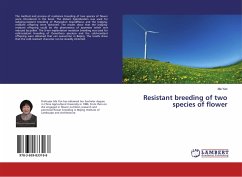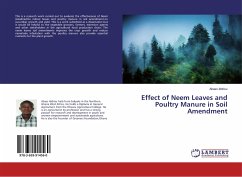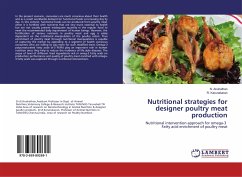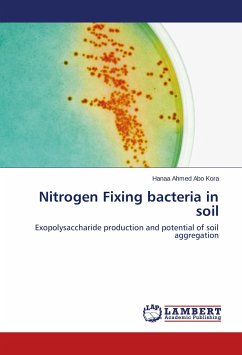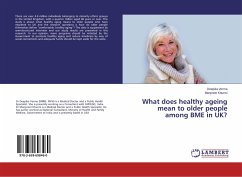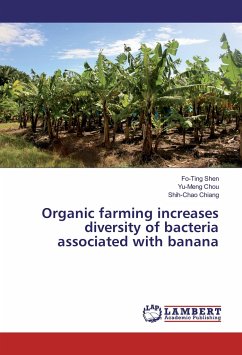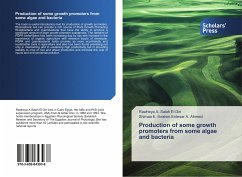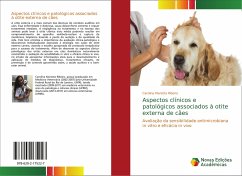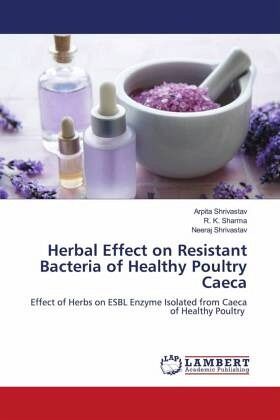
Herbal Effect on Resistant Bacteria of Healthy Poultry Caeca
Effect of Herbs on ESBL Enzyme Isolated from Caeca of Healthy Poultry
Versandkostenfrei!
Versandfertig in 6-10 Tagen
40,99 €
inkl. MwSt.

PAYBACK Punkte
20 °P sammeln!
Antimicrobial resistance is a rising health risk of broad concern to countries and multiple sectors. It not only menaces the effective prevention and treatment of an ever-increasing range of infections but also results in reduced efficacy of antibacterial drugs. In intensively reared poultry, antibiotics are administered to whole flocks rather than individual animals. In addition to this, poultry farmers also use low doses of antibiotics as growth-promoting substances, which results in the high antibiotic selection pressure for resistance with a relatively high proportion of resistant bacteria...
Antimicrobial resistance is a rising health risk of broad concern to countries and multiple sectors. It not only menaces the effective prevention and treatment of an ever-increasing range of infections but also results in reduced efficacy of antibacterial drugs. In intensively reared poultry, antibiotics are administered to whole flocks rather than individual animals. In addition to this, poultry farmers also use low doses of antibiotics as growth-promoting substances, which results in the high antibiotic selection pressure for resistance with a relatively high proportion of resistant bacteria in poultry Faeces. Extended-spectrum beta-lactamase-producing organisms are frequently co- or multi-resistant, exhibiting resistance to other antimicrobials due to associated resistance mechanisms. During the last two decades, extended-spectrum beta-lactamase-producing gram-negative bacilli have emerged as a major problem mainly due to the clonal expansion of producer organisms, and the horizontal transfer of extended-spectrum beta-lactamase genes on plasmids. This has forced researchers to recommend the use of herbs against these resistant microbes to reduce the selection pressure.



